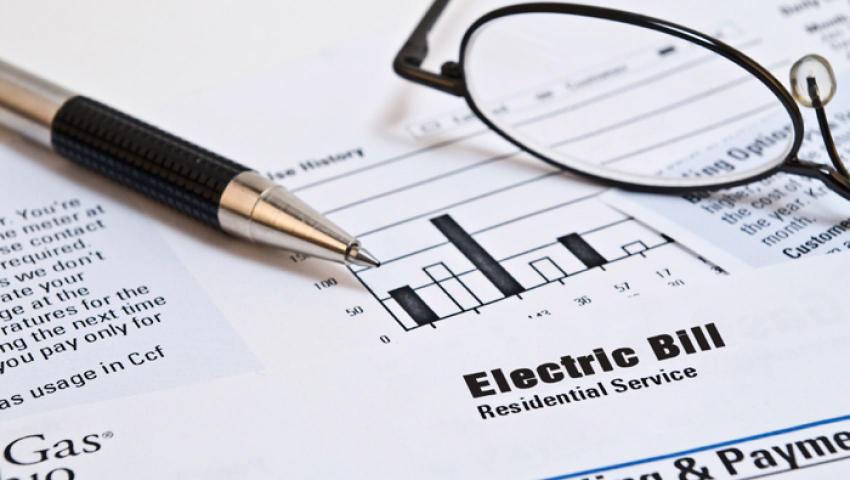Experts and the government have united: It is necessary to specify the process of liberalization of the energy market

The energy reform will have to be refined in terms of the market model and consumers. This was explained by the Minister of Energy Rumen Radev during the third edition of the forum (Powers Summit), which is held in Sofia. According to him, work will also need to be done on the explanatory campaign.
The minister agreed with the three priorities around which the experts before him were united, BTA reported. According to Radev, the market model of the reform should now be refined and implemented in the first quarter of 2024. He also believes that with the complete liberalization of the electricity market, there should also be clear mechanisms for the protection of consumers, as well as the implementation of European regulations in their entirety. "Bulgaria must participate in every single projection, both as business organizations and as a country," pointed out Minister Radev. We remind you that our country still has to make a number of changes in terms of legislation, and it is not clear how exactly vulnerable energy consumers will be protected. The legislative work in this direction is the first to come.
During the forum, energy experts supported three main priorities - to refine and implement the market model in the first quarter of 2024, to create a road map and full liberalization of the electricity market. And this should happen with clear mechanisms to protect users. The third important point is to implement the European regulations in their entirety.
We support the liberalization of the electricity market, but the main concern is that all electricity will be sold on a "Day Ahead" market. This was said by Valeri Drenikov, deputy chairman of the Association of Energy Traders in Bulgaria. According to him, all factors affecting the price of electricity are reflected in this market. "The whole energy industry is going downstream and there is a lack of management," said Drenikov, appealing that risk should be spread and long-term trading should be stimulated.
Eng. Martin Georgiev, executive director and member of NEC, explained that the company supports the reform. However, he pointed out that there are details that need to be clarified in order for it to be implemented properly. Georgiev explained that after NEC stops being a public supplier, it will focus on its role as a producer and trader of electrical energy. "It is extremely important to have a well-functioning and predictable market," emphasized the executive director of NEC.
The Chairperson of the Bulgarian Photovoltaic Association Meglena Rusenova added that she supports the planned reform of the electricity market. She added that investments in the RES sector are increasing. According to her, the parliament should not deviate from the already adopted reform. She also believes that some of the texts should be fine-tuned, finding solutions especially for energy-poor consumers.
Dr. Eng. Dimitar Beleliev - Chairman of the Board of the Bulgarian Association of Electrical Engineering and Electronics (BASEL), commented that without an explanatory campaign the liberalization of the market will hardly happen properly. In addition, a large number of consumers can also become electricity producers. According to him, emphasis should also be placed on achieving energy efficiency. Beleliev added that it is necessary to create a proper system for social assistance. "The regulated market must become the market. In economics, the only cure is called the market," he pointed out.
Strategic projects should be a priority for the country, according to Prof. Dr. Eng. Ivan Mitev, Executive Director of the Bulgarian Chamber of Mining and Geology. According to him, they should be seen as projects of public interest. Part of the strategic projects are related to research, it should be regulated in 5-year programs, Mitev pointed out.
Nikola Gazdov - chairman of the Association for Production, Storage and Trade in Electricity (APSTE), believes that Bulgaria and Europe still have difficult years ahead. "If we want to keep the investments, we should think about energy storage and transmission," said Gazdov. According to him, European regulations should be applied in their entirety.
